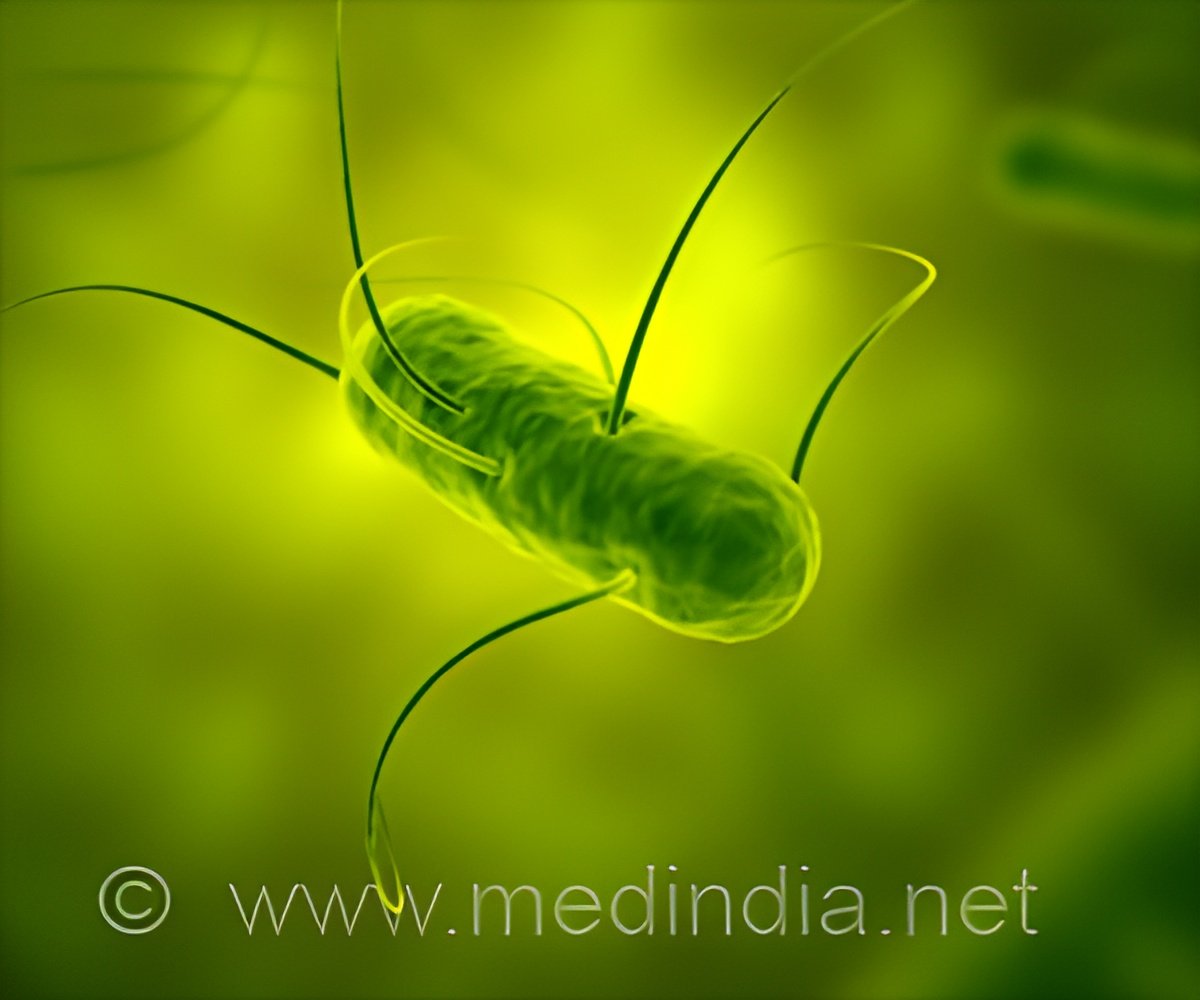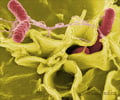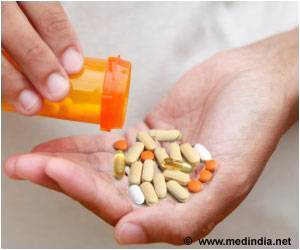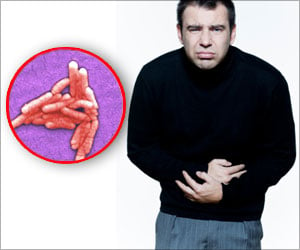No lab, no problem! Detect Salmonella and other foodborne pathogens with a portable, easy-to-use test. Fast, accurate, and affordable.

‘Revolutionary paper strip test for #Salmonella detects contamination in less than 4 hours, at 20x the cost savings of existing methods. #foodsafety #medindia’





Speedy Salmonella Detection Transforms Food Safety
Traditional methods for identifying salmonella take several days and are often costly, leading to delays in outbreak identification and containment. Researchers at the University at Albany have developed a new, fast-acting, and cost-effective method for salmonella detection that can produce results in less than four hours. The study was published in Advanced Healthcare Materials (1✔ ✔Trusted SourceUniversal CRISPR-Cas12a and Toehold RNA Cascade Reaction on Paper Substrate for Visual Salmonella Genome Detection
Go to source).
The method combines CRISPR-Cas12a gene-editing technology, recombinase polymerase amplification (RPA), and a molecular "toehold switch" to trigger visual color change on a paper strip. A paper strip changes color to signal contamination.
- Red: Presence of salmonella.
- Yellow: No contamination detected.
Advantages of Salmonella Paper Strip Test
- Results are produced in under 4 hours. The test can detect as few as 100 genome copies of salmonella bacteria.
- The test is 20 times cheaper compared to existing methods.
- The system can differentiate between two common strains S. Typhimurium and S. Enteritidis.
- It does not require extensive laboratory equipment, making it suitable for on-site and routine food safety screening. It can be used in farms, food processing plants and restaurants.
- Rapid identification of salmonella can decrease its spread, particularly among children, the elderly, and immunocompromised individuals.
- It can be used in hotels and restaurants for early detection and can prevent costly product recalls, legal liabilities, and loss of consumer trust.
- Identifying strain types aids in tracking the origin of outbreaks and informs clinical treatment strategies.
- It is a portable, user-friendly kit that can be widely adopted across the food supply chain.
- It can minimize false positive tests and identify other foodborne disease-spreading pathogens like Campylobacter and E.coli.
Reference:
- Universal CRISPR-Cas12a and Toehold RNA Cascade Reaction on Paper Substrate for Visual Salmonella Genome Detection- (https:onlinelibrary.wiley.com/doi/10.1002/adhm.202400508)
Source-Medindia















